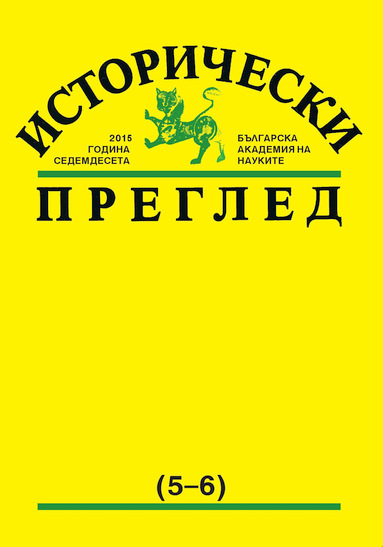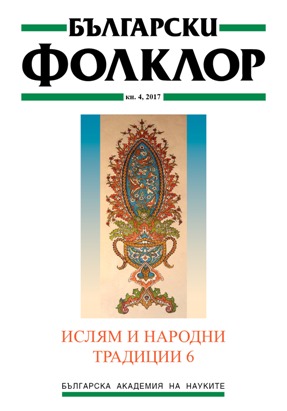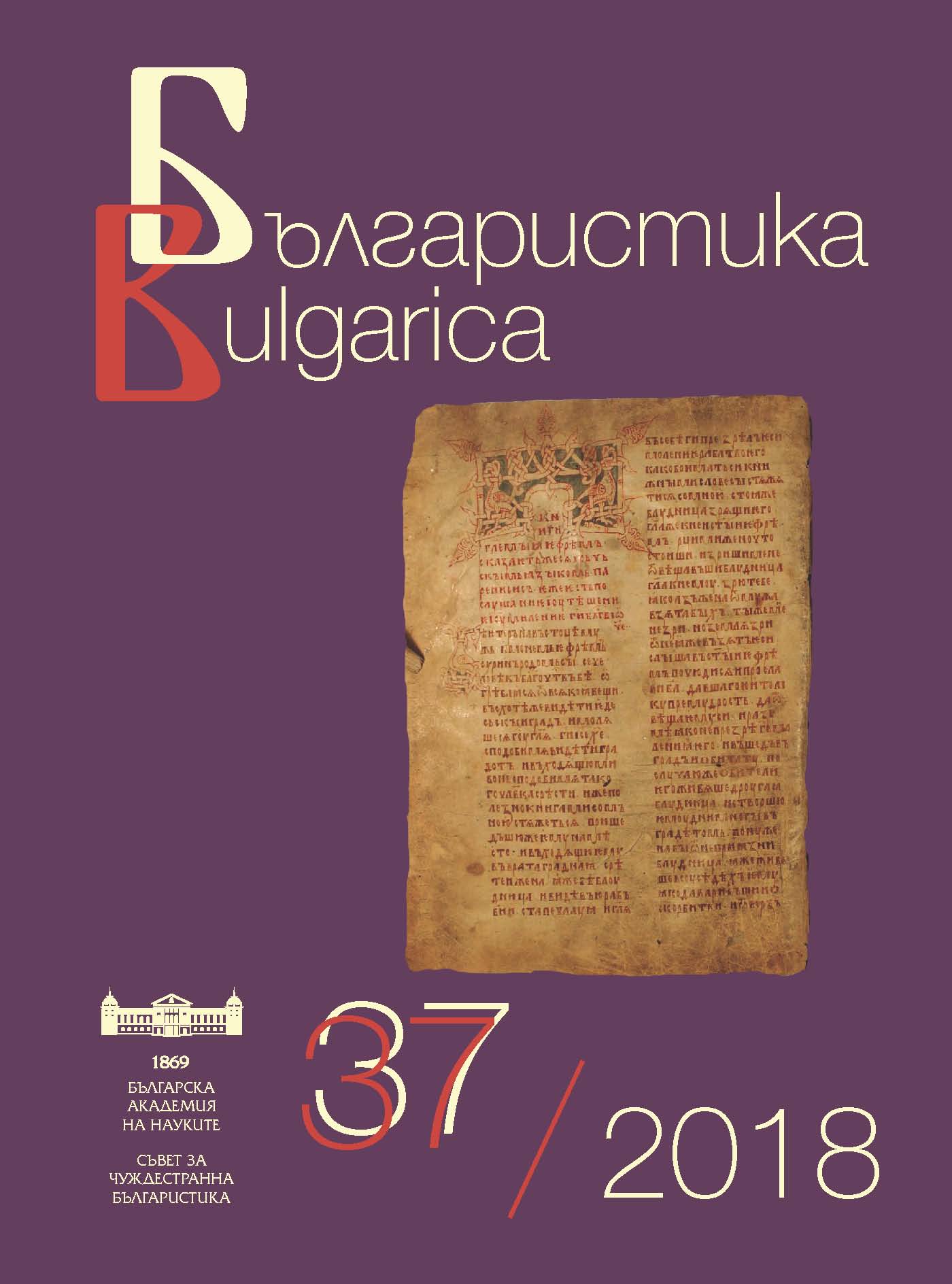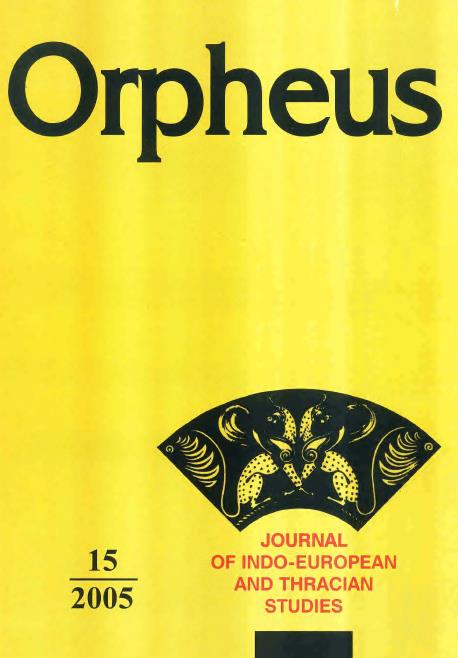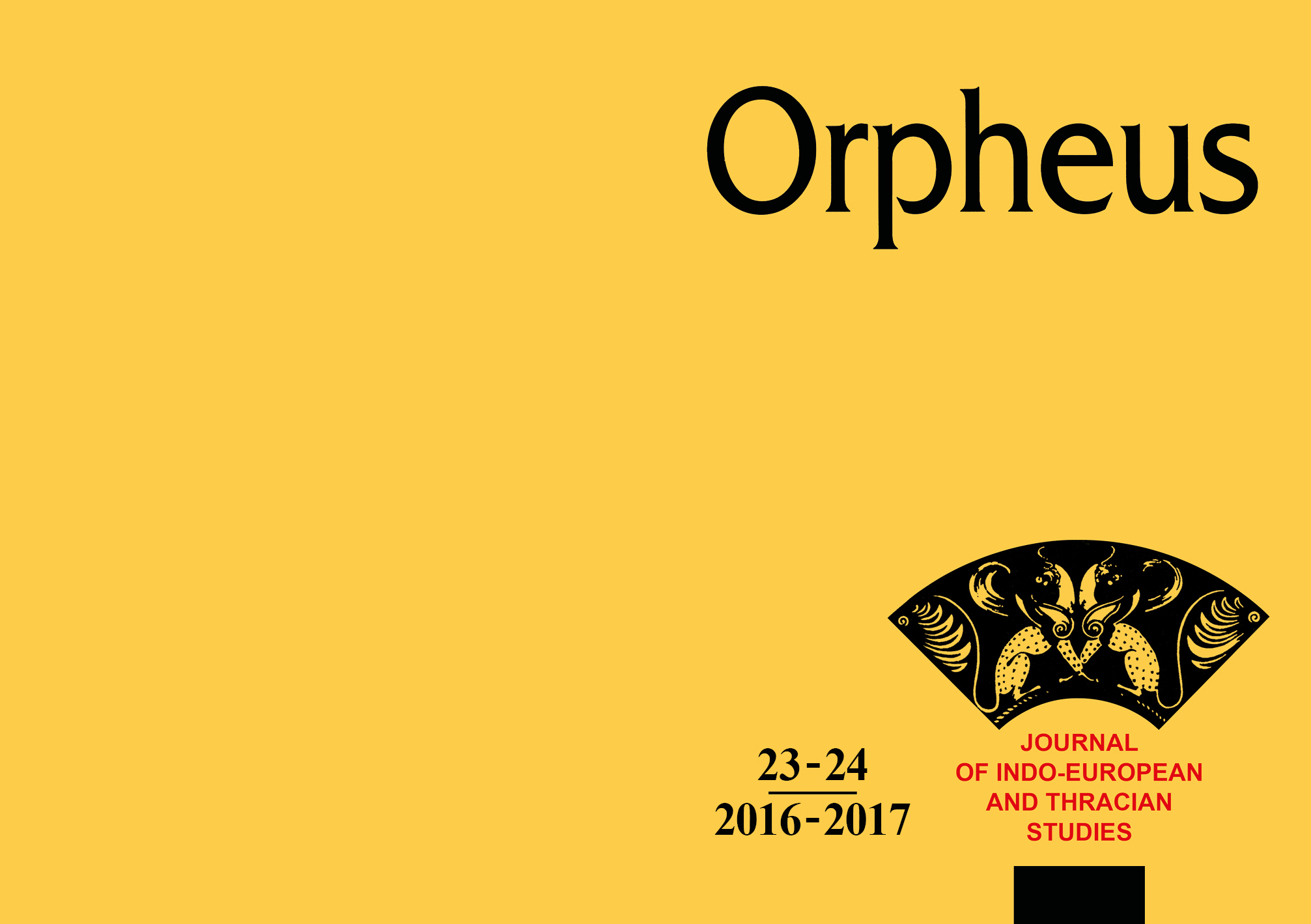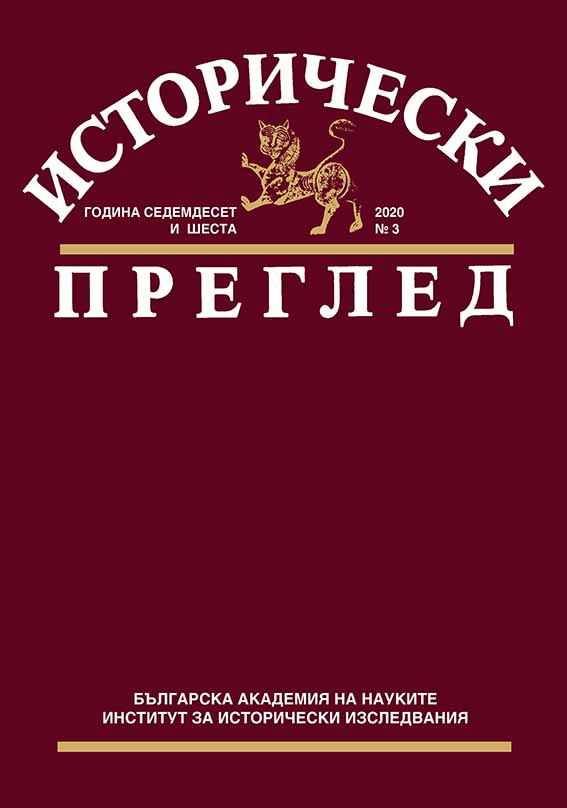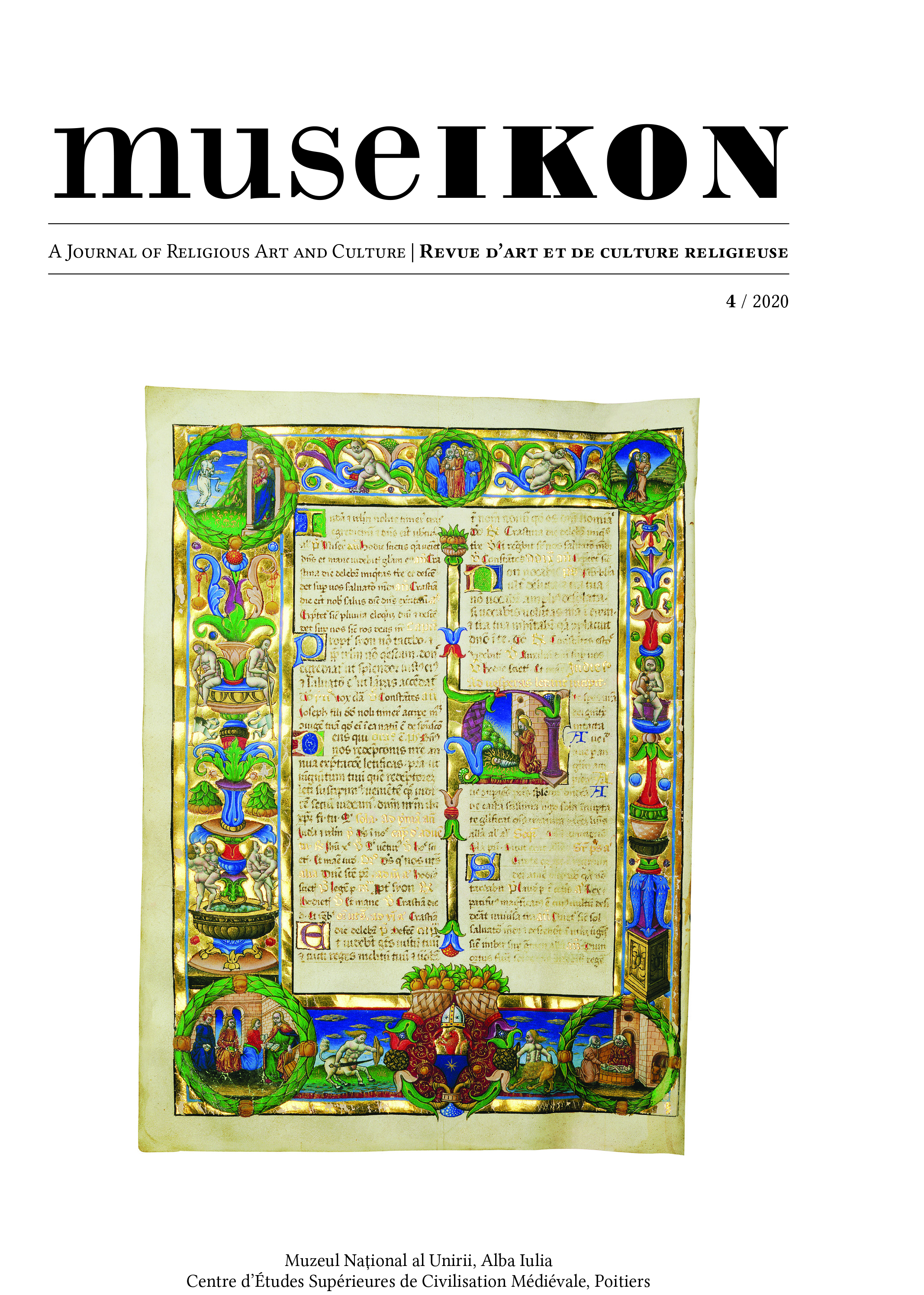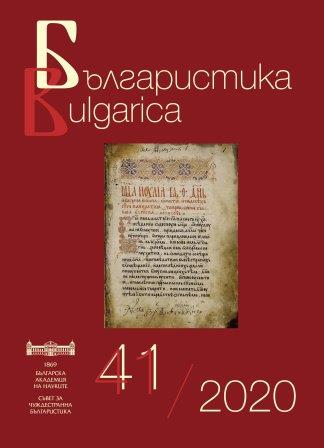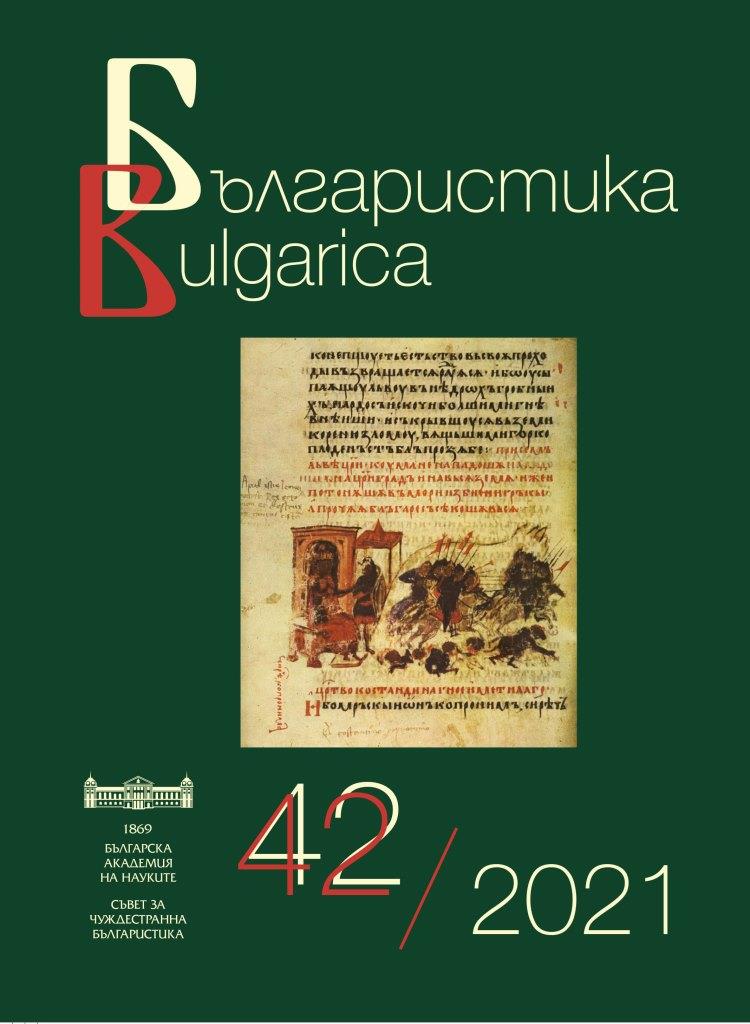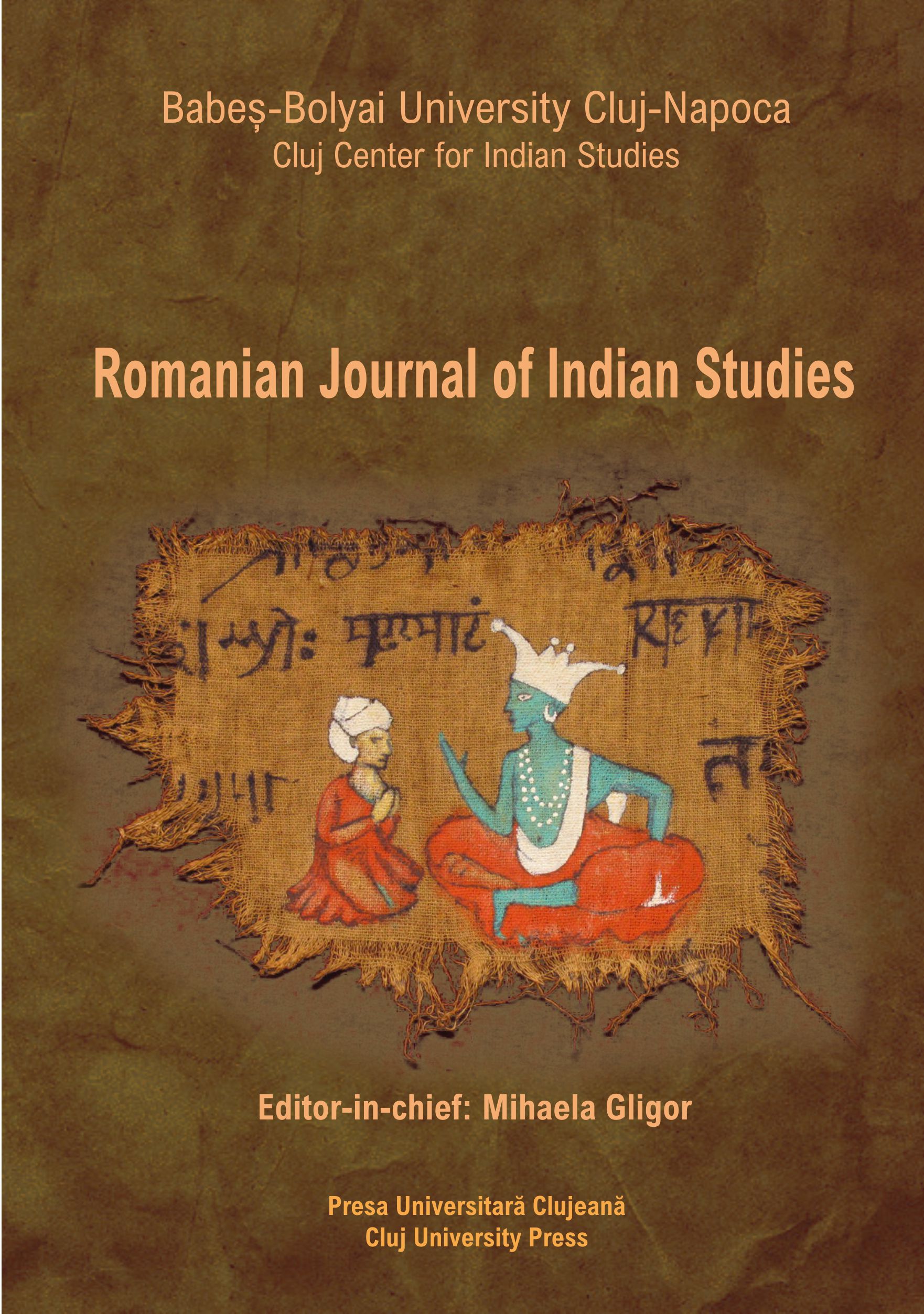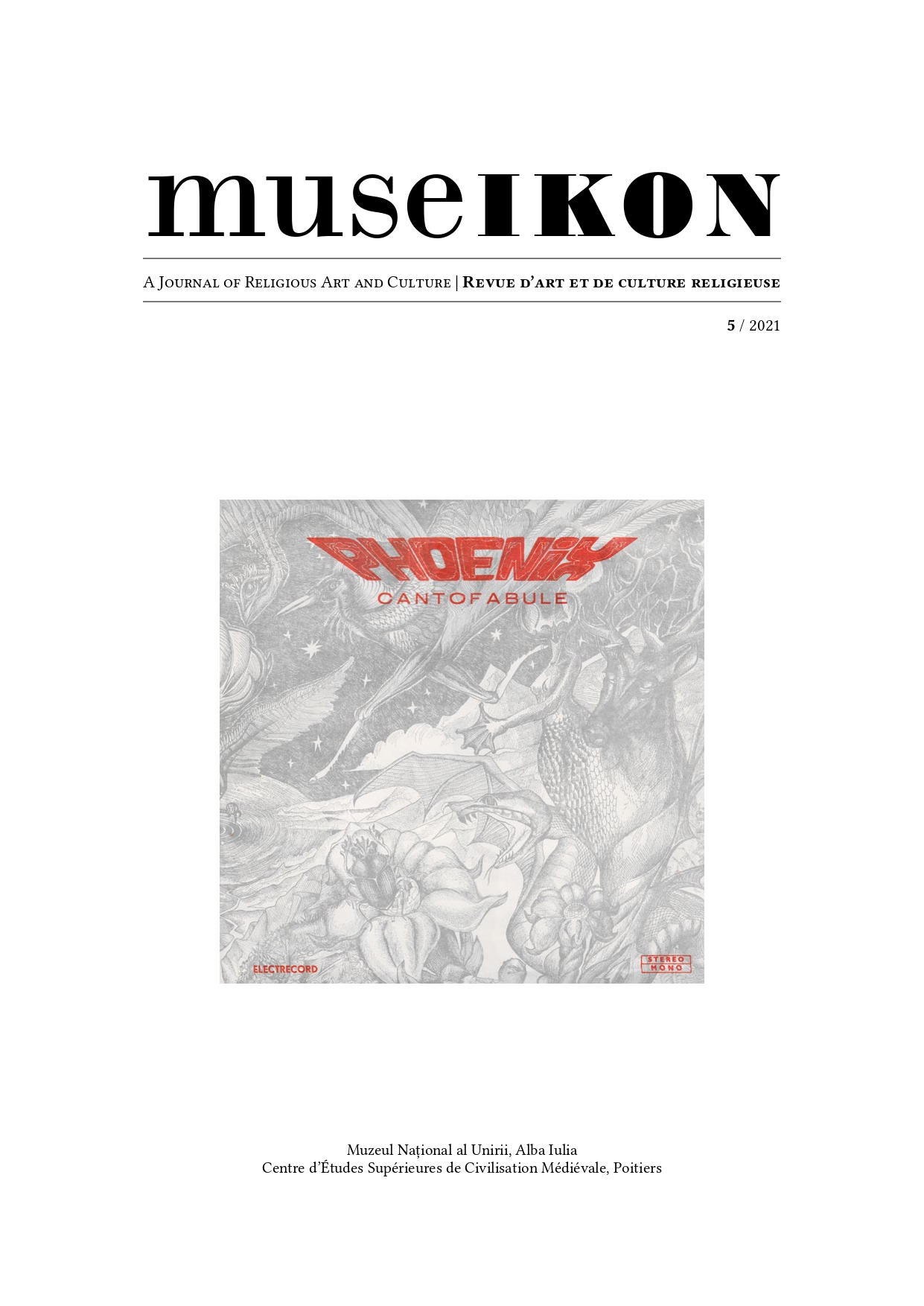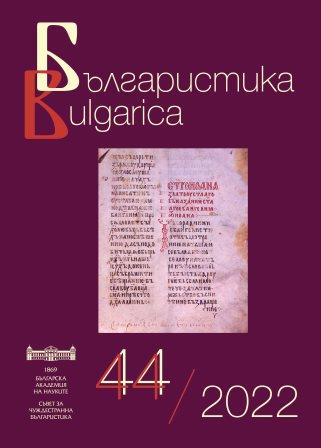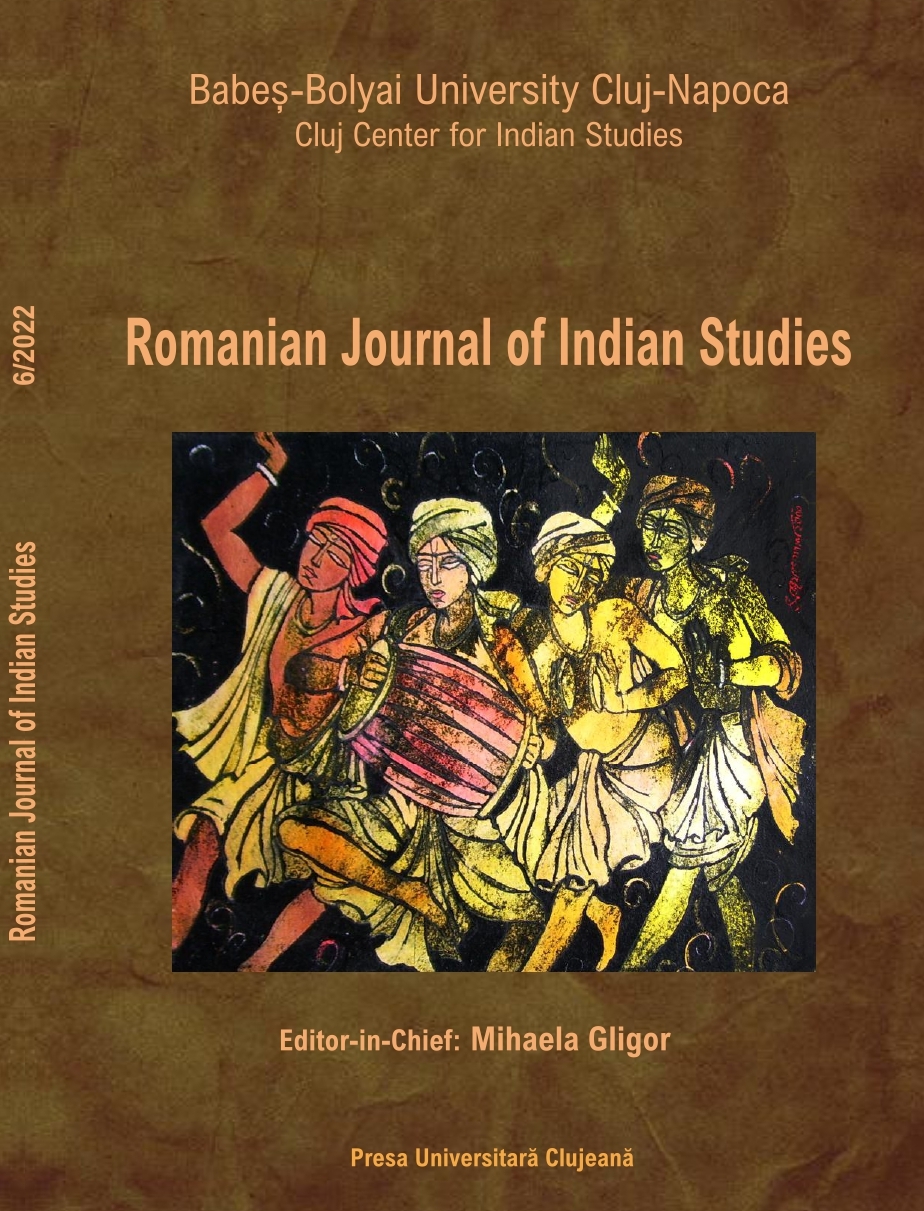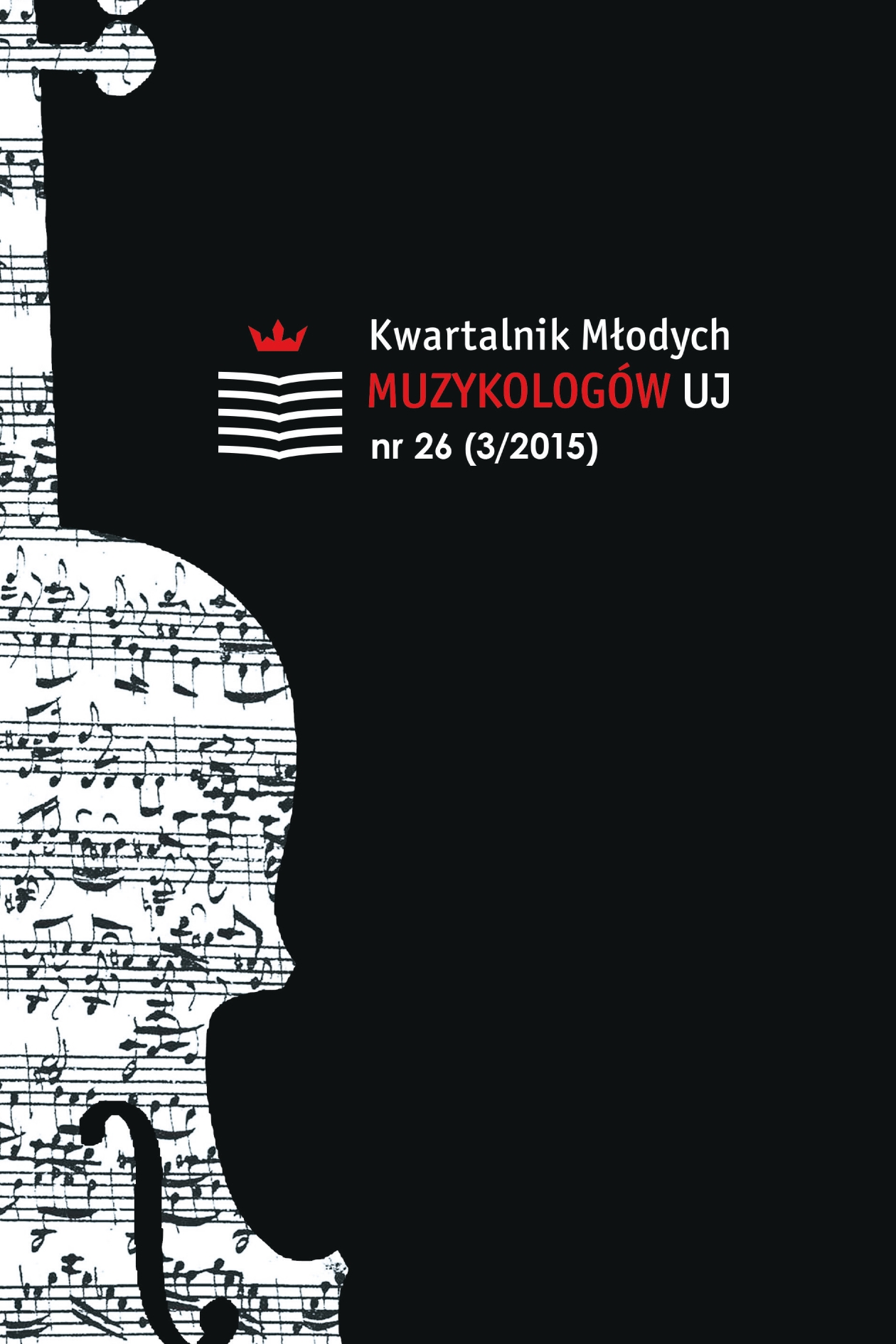
Muzyka w filmie "Ewangelia wg św. Mateusza" Piera Paola Pasoliniego
The Gospel According to St. Matthew (1964) was the third film made by an Italian intellectual Pier Paolo Pasolini. After many scandals and court trials which concerned seditious character of his earlier shortmovie La ricotta (making part of Ro.Go.Pa.G., 1963), he decided to dedicate his new film to the history of Christ, choosing the text of The Gospel According to St. Matthew, naming it the one which in the best way represents the human nature of Christ and his „being a man among men”. The film he made is an interesting work of art because of many reasons: it was filmed in the area of the South of Italy, it’s maintained in the neorealism aesthetics, and thanks to the actors who starred in the film (one of the Apostles was played by Giorgio Agamben, an Italian philosopher, Jesus was played by a Spanish student, a strong follower of communism and Mary was played by Pasolini’s own mother – Susanna). Nevertheless, The Gospel According to St. Matthew, among other Pasolini’s film, has the most complex and refined soundtrack list, because this time, the music is the element which plays the major role in the film, being the factor of the stylistic contamination he applied in his works. The story of Christ is portrayed by unusual music choices such as Sometimes I Feel Like a Motherless Child by Odetta Williams, Gloria from the Kongo mass Missa Luba, Prokofiev’s Alexander Nevsky and others. Thus, it is important to have a closer look at the film’s music, and by decoding the intertextual figures such as quotations and allusions, try to understand its narrative symbolism and hidden, autobiographical motives created by Pasolini.
More...
